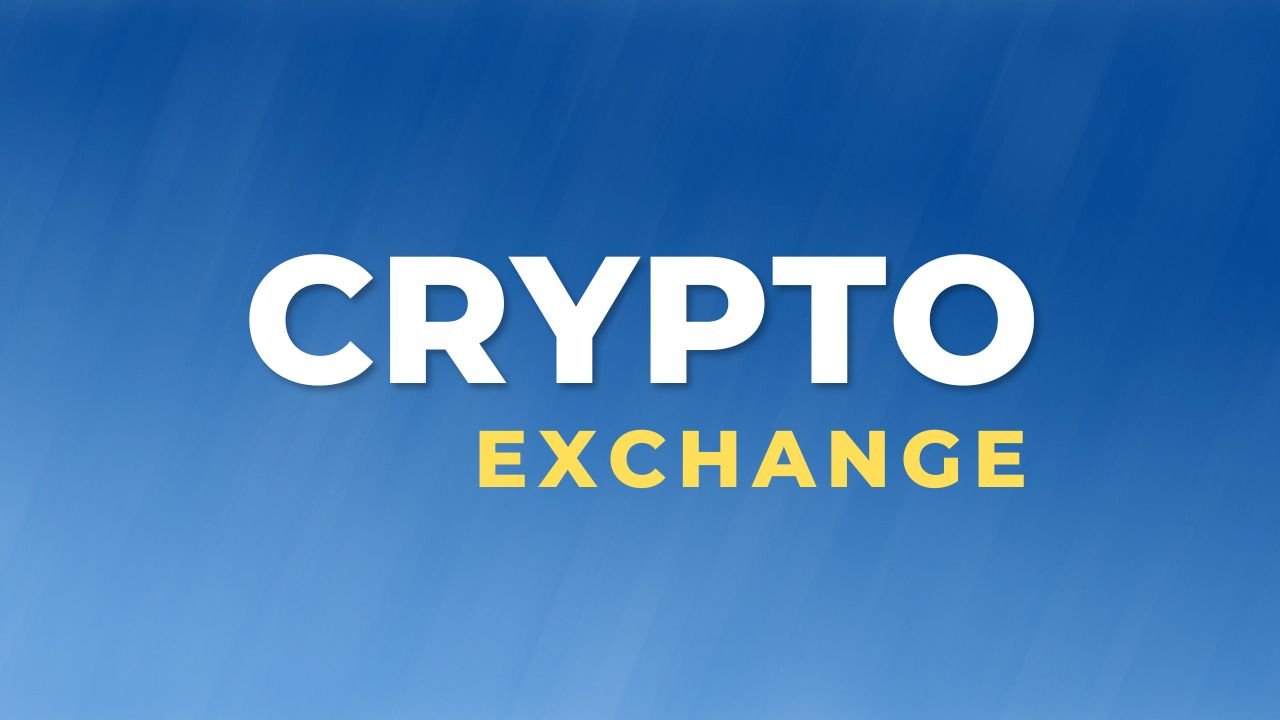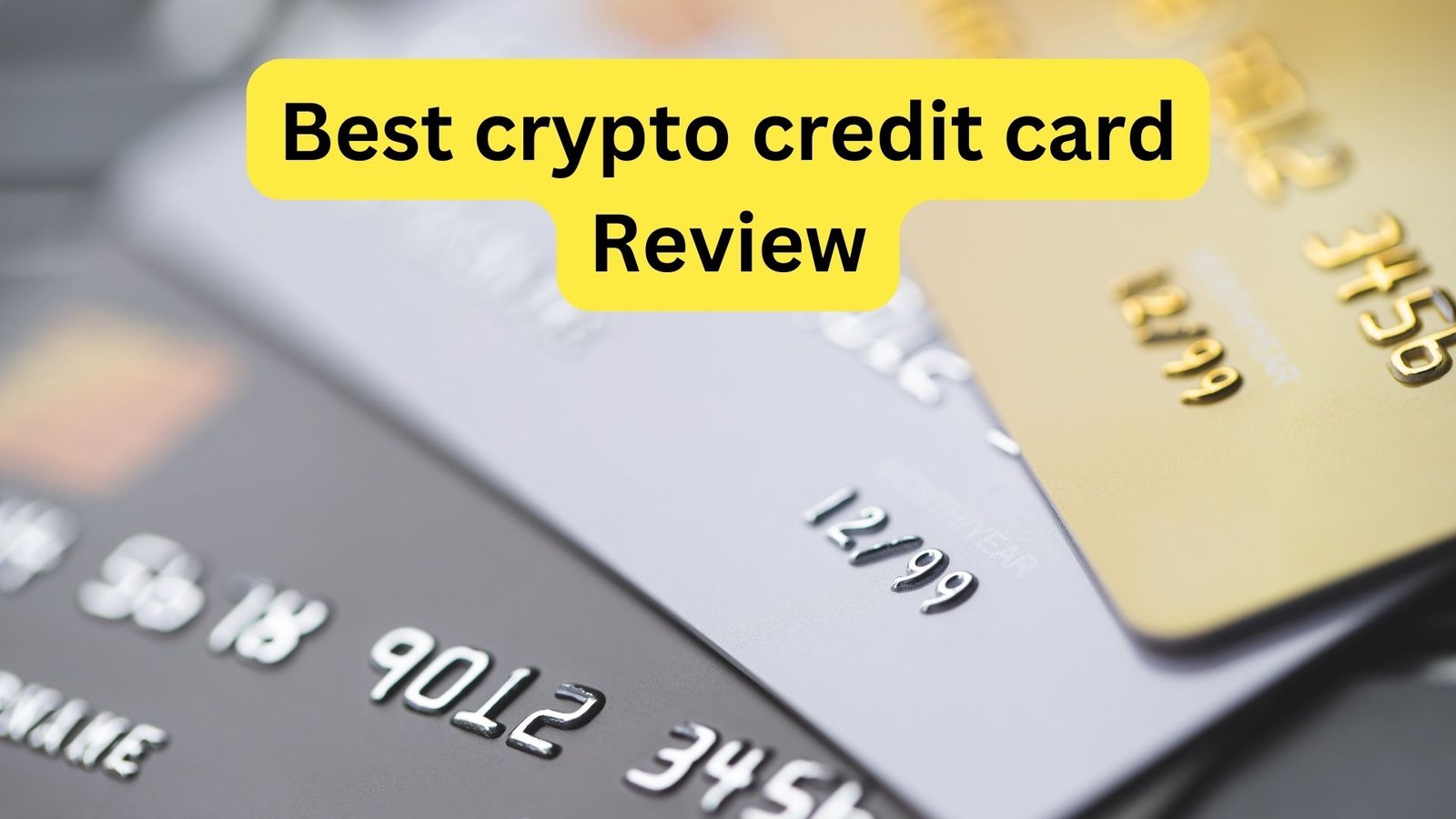In this article, We will know How to sell Cryptocurrency – Selling cryptocurrency can be a bit tricky, but with the right knowledge and preparation, it can be a relatively straightforward process. Here are a few tips on how to sell your cryptocurrency:
- Choose a reputable exchange: Before you sell your cryptocurrency, you’ll need to find a reputable exchange that supports the specific coin or token you want to sell. Some popular exchanges include Binance, Coinbase, and Kraken.
- Verify your identity: Many exchanges require you to verify your identity before you can sell cryptocurrency. This usually involves providing a government-issued ID and proof of address.
- Transfer your cryptocurrency to the exchange: Once you’ve chosen an exchange and verified your identity, you’ll need to transfer your cryptocurrency to the exchange. This is typically done by sending your coin or token from your personal wallet to the exchange’s deposit address.
- Place a sell order: Once your cryptocurrency has been transferred to the exchange, you can place a sell order. This is where you specify the amount of cryptocurrency you want to sell and the price at which you’re willing to sell it.
- Wait for your order to be filled: Once your sell order is placed, it will be matched with a buyer who is willing to pay the price you specified. This process can take anywhere from a few minutes to a few days, depending on market conditions.
- Withdraw your funds: Once your order has been filled and the sale is complete, you can withdraw the proceeds from the sale to your personal bank account or other fiat currency wallet.
It’s important to note that the process of selling cryptocurrency can vary depending on the exchange you use and the specific coin or token you’re trying to sell. It’s always a good idea to read the exchange’s user guide and do your own research before making any trades.
Selling cryptocurrency can be a great way to turn your digital assets into cash, but it’s important to be aware of the risks and do your own research before making any trades.
There are a few ways to sell cryptocurrency –
- Cryptocurrency exchanges: You can sell your cryptocurrency on a digital asset exchange, such as Binance or Coinbase, by exchanging it for other cryptocurrencies or fiat currencies.
- Over-the-counter (OTC) trading: You can sell your cryptocurrency directly to a buyer through OTC trading, which is typically done through a broker or OTC desk.
- Cryptocurrency ATMs: Some ATMs allow you to sell your cryptocurrency for cash.
- P2P platforms: You can sell your cryptocurrency on peer-to-peer platforms, such as LocalBitcoins or Paxful.
What is Cryptocurrency Exchange?
A cryptocurrency exchange is a platform that allows you to buy, sell, and trade digital assets. These exchanges typically operate online and can be accessed through a web browser or mobile app.
There are different types of cryptocurrency exchanges, including:
- Centralized exchanges: These exchanges are operated by a central authority, and users must go through a verification process before buying or selling digital assets. Examples include Binance, Coinbase, and Kraken.
- Decentralized exchanges (DEXs): These exchanges operate on a blockchain network, and users can buy and sell digital assets without the need for a central authority. Examples include Uniswap and Kyber Network.
- Hybrid exchanges: These exchanges combine features of centralized and decentralized exchanges.
When choosing a cryptocurrency exchange, it’s important to consider factors such as the exchange’s reputation, security, fees, and the digital assets it supports. It is also important to verify the exchange is regulated by the country’s financial authority.
It’s also important to note that cryptocurrency exchanges are subject to hacking and other security risks, so it’s important to use a strong and unique password and enable two-factor authentication. Additionally, it’s a good practice to store your cryptocurrency in a hardware wallet or other secure storage methods.

What is a Centralized Exchange?
Centralized exchanges, also known as “centralized digital currency exchanges” (CDEs), are online platforms that allow users to buy, sell, and trade cryptocurrencies. These exchanges are operated by a central authority, and users must go through a verification process before buying or selling digital assets. This typically involves providing personal information and identification documents, such as a passport or driver’s license.
Examples of popular centralized exchanges include:
- Binance
- Coinbase
- Kraken
- Bitstamp
- Gemini
- Ctskola
Centralized exchanges typically have more trading pairs and more liquidity than decentralized exchanges, which makes them a popular choice for traders. They also typically offer more advanced trading features, such as margin trading and stop-loss orders.
However, because centralized exchanges are controlled by a single entity, they may be more vulnerable to hacking and other security risks. Additionally, users must trust that the exchange will not misuse their personal information or mishandle their funds. For these reasons, it’s important to carefully research and choose a reputable centralized exchange.
Also, it’s important to note that Centralized exchanges are subject to regulations that vary by country and jurisdiction, so it’s important to check the regulations of the exchange you’re using, or the country you’re operating from.
What are Decentralized exchanges (DEXs)?
Decentralized exchanges (DEXs) are online platforms that allow users to buy, sell, and trade cryptocurrencies without the need for a central authority. These exchanges operate on a blockchain network, which enables peer-to-peer trading without the need for a middleman.
One of the key advantages of DEXs is that they offer more privacy and security than centralized exchanges, as users do not need to provide personal information or identification documents to trade on the platform. Additionally, because DEXs are decentralized, they are not controlled by a single entity, which reduces the risk of hacking and other security breaches.
Examples of popular DEXs include:
- Uniswap
- Kyber Network
- Binance DEX
- CCEXtech
- AirSwap
- Curve
However, DEXs typically have lower liquidity and slower trade execution times than centralized exchanges. They also tend to have fewer trading pairs and fewer advanced trading features.
In recent years, DEXs popularity has been increasing as more people are looking for more privacy, security, and self-custody options. However, as the technology is still in its early stage, DEXs may not be suitable for all traders, especially those that are looking for high-frequency or high-volume trading.
What is Hybrid Exchange?
Hybrid exchanges are a combination of centralized and decentralized exchanges. They typically offer the best of both worlds, combining the advanced trading features and high liquidity of centralized exchanges with the security and privacy benefits of decentralized exchanges.
Hybrid exchanges usually have a central server that manages the order book and the matching of orders, but the actual exchange of assets is done on the blockchain, ensuring that users retain control of their assets at all times. This way, they offer more security and privacy while still maintaining a high level of trading functionality.
Examples of hybrid exchanges include:
- Binance Smart Chain
- Altcoin.io
- Bisq
Hybrid exchanges are relatively new in the market, and as the technology develops, more and more projects are announcing their plans to launch hybrid exchanges. They offer an interesting option for users who are looking for more advanced trading features and liquidity while still keeping control of their assets.
It’s important to note that while hybrid exchanges may offer a more secure and private trading experience than centralized exchanges, they may still be vulnerable to hacking and other security risks, and users should always conduct their own research and due diligence before using any exchange.
Best Exchange to sell Cryptocurrency?
There are many reputable exchanges that you can use to sell cryptocurrency. The best exchange for you will depend on a few factors, such as which coins you want to sell, where you’re located, and what type of payment methods you want to use. Some popular exchanges for selling cryptocurrency include:
- Binance: Binance is one of the largest and most popular cryptocurrency exchanges in the world. It supports a wide range of coins and tokens and offers a user-friendly interface.
- Coinbase: Coinbase is a well-established exchange that is popular among beginners. It supports a limited selection of coins but is known for its easy-to-use platform and high security.
- Kraken: Kraken is another popular exchange that supports a wide range of coins and tokens. It is known for its low fees and high security.
- Bitstamp: Bitstamp is a European-based exchange that is known for its high security and low fees. It supports a limited selection of coins but is popular among traders in Europe.
- Bittrex: Bittrex is another popular exchange that supports a wide range of coins and tokens. It is known for its high security and user-friendly interface.
It’s worth noting that different exchanges have different fees, security measures, and customer support, so it is important to do your own research and choose an exchange that meets your needs. Keep in mind that you should always store your cryptocurrency in a personal wallet and not leave it on an exchange for an extended period of time.
Best broker to sell cryptocurrency?
There are many brokers that you can use to sell cryptocurrency, but the best one for you will depend on your specific needs. Some popular brokers for selling cryptocurrency include:
- eToro: eToro is a popular social trading and investment platform that allows users to trade a wide range of assets, including cryptocurrency. It offers a user-friendly interface and a variety of educational resources to help users learn about trading.
- Plus500: Plus500 is a CFD (contract for difference) broker that allows users to trade a wide range of assets, including cryptocurrency. It offers low fees, a user-friendly interface, and a wide range of educational resources.
- IG: IG is a well-established broker that offers a wide range of assets, including cryptocurrency. It is known for its high-quality research and analysis tools, and its user-friendly trading platform.
- Coinbase Pro: Coinbase Pro is the professional trading platform of Coinbase, It offers advanced trading features, such as margin trading, and allows users to trade a wide range of assets, including cryptocurrency.
- Bitfinex: Bitfinex is a popular cryptocurrency exchange that also offers margin trading, it offers high liquidity, low fees, and advanced trading features.
It’s worth noting that different brokers have different fees, trading platforms, and customer support, so it is important to do your own research and choose a broker that meets your needs. Keep in mind that cryptocurrency is a highly volatile market and it is important to understand the risks before trading.
Read Also – What is Blockchain Technology and how does it work?
How to sell cryptocurrency with a peer-to-peer trade
Selling cryptocurrency through a peer-to-peer (P2P) trade involves finding a buyer or seller directly, rather than using a traditional exchange. Here are a few steps to follow when selling cryptocurrency through a P2P trade:
- Choose a P2P platform: There are several P2P platforms that allow you to buy and sell cryptocurrency directly with other users. Some popular platforms include LocalBitcoins, Paxful, and Bisq.
- Create an account and verify your identity: Before you can sell cryptocurrency on a P2P platform, you’ll need to create an account and verify your identity. This typically involves providing a government-issued ID and proof of address.
- Find a buyer: Once your account is set up, you can search for buyers on the platform. Some P2P platforms allow you to post your own sell offer, while others match you with buyers who are looking for the specific coin or token you want to sell.
- Agree on terms: Once you’ve found a buyer, you’ll need to agree on the terms of the trade. This includes the amount of cryptocurrency you’ll be selling, the price, and the payment method.
- Send the cryptocurrency: Once the terms of the trade have been agreed upon, you’ll need to send the cryptocurrency to the buyer. This is typically done by sending the coin or token from your personal wallet to the buyer’s wallet.
- Receive payment: Once the buyer has received the cryptocurrency, they will pay you using the agreed-upon payment method. This could be in the form of cash, bank transfer, or another cryptocurrency.
- Release the cryptocurrency: Once you have received the payment, you should release the cryptocurrency from escrow(if you are using an escrow service) to the buyer.
It’s important to note that P2P trades can be riskier than trading on a centralized exchange because there is no intermediary to handle disputes or ensure that the trade is conducted fairly. It is important to be cautious when trading with people you don’t know and to use an escrow service for added security.
Also, be aware of the legal regulations of your country regarding trading cryptocurrencies in P2P platforms, as some countries might have restrictions on it.












